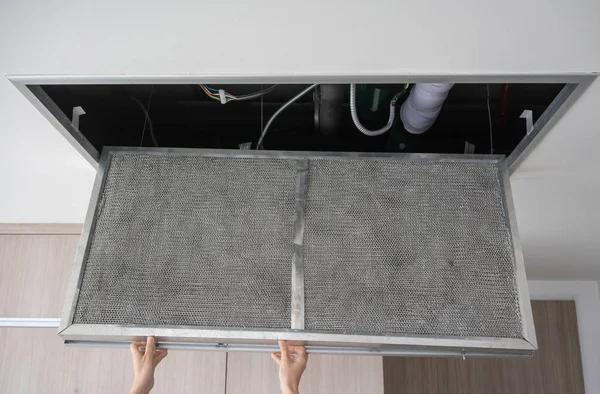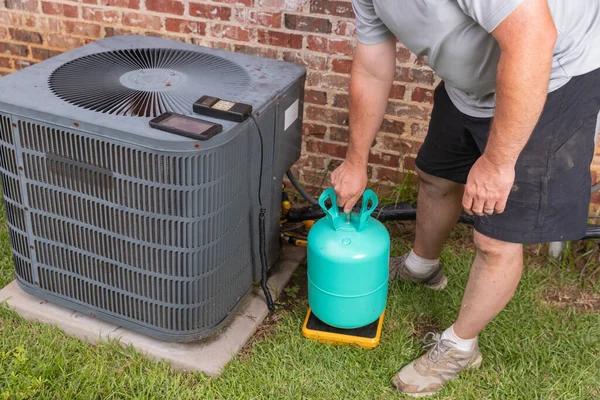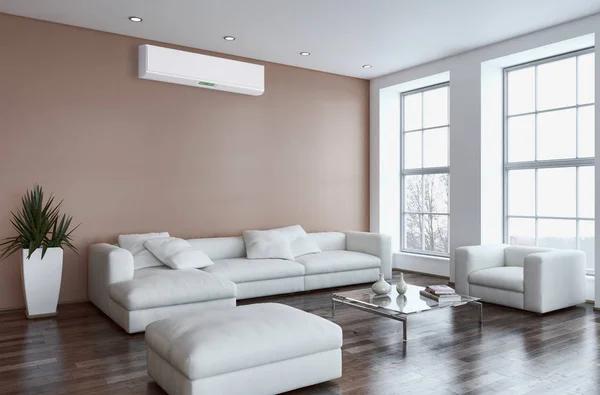When it comes to maintaining a comfortable indoor environment, the decision between repairing an existing HVAC system and replacing it entirely is crucial. While repairs can offer a temporary fix, investing in a full HVAC replacement often provides significant long-term benefits that outweigh the initial cost. One of the main advantages of replacing an old system is improved energy efficiency. Older units tend to consume more electricity or fuel due to outdated technology and wear over time. Newer models are designed with advanced components that optimize energy use, leading to lower utility bills and reduced environmental impact. Over several years, these savings can be substantial enough click to learn more justify the upfront expense of replacement.
Another important benefit is enhanced reliability and fewer breakdowns. As HVAC systems age, their parts deteriorate and become prone to frequent malfunctions requiring repeated repairs. This not only causes inconvenience but also adds up in maintenance costs over time. A new system reduces unexpected failures because all components are fresh and covered by warranties, providing peace of mind for homeowners or building managers who depend on consistent climate control.
Comfort levels also improve significantly with modern HVAC replacements. Advances in technology allow for better temperature regulation, quieter operation, and improved air quality through superior filtration systems. These improvements contribute directly to occupant well-being by creating a healthier living or working space free from dust, allergens, and humidity issues that older units may struggle to manage effectively.
Additionally, upgrading your HVAC system can increase property value. Potential buyers recognize the importance of efficient heating and cooling when considering real estate investments; therefore, having a recently installed unit makes properties more attractive on the market compared to those with aging equipment needing constant attention.
Environmental considerations play a role as well since many newer systems utilize refrigerants with lower global warming potential than older models still in use today. By replacing your unit instead of continually repairing it, you actively reduce your carbon footprint while benefiting from cutting-edge environmental standards set forth by regulatory bodies.
While repair might seem like an economical choice initially-especially if problems appear minor-the cumulative expenses associated with ongoing fixes often surpass replacement costs within just a few years. Choosing replacement ensures access to manufacturer support services including warranties covering parts and labor which further diminishes future financial risks linked with system failures.
In summary, opting for an HVAC replacement instead of repeated repairs offers lasting advantages such as increased energy efficiency, greater reliability, enhanced comfort levels throughout seasons, higher property values due to modern upgrades, reduced environmental impact thanks to newer technologies designed for sustainability purposes-and overall peace of mind knowing your climate control needs are met efficiently without frequent interruptions caused by aging equipment failure or inefficiency issues common in repaired units nearing end-of-life stages.




